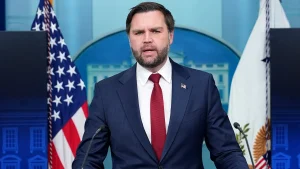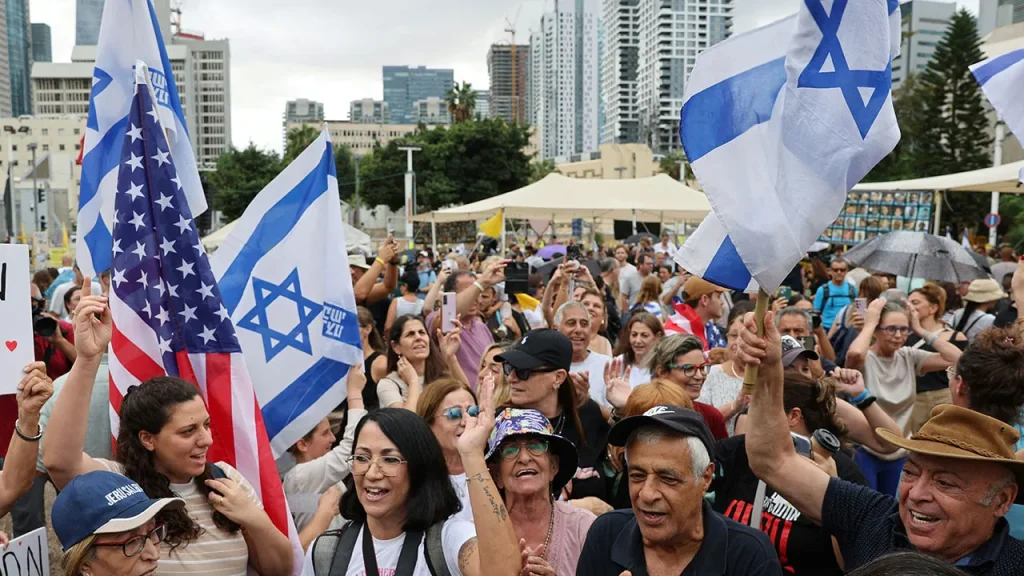The Dawn of Peace: Israel and Hamas Agreement Signals Hope After Years of Conflict
After more than two years of conflict and heartbreak, the prospect of peace in Gaza and the return of 48 hostages held by Hamas now stands at the threshold of reality. With the Israeli security cabinet and government set to approve a historic peace deal on Thursday morning, a carefully choreographed process will begin that could finally end one of the region’s most devastating recent conflicts. Once approved, a 24-hour countdown to a ceasefire will commence, followed by a 72-hour window for Hamas to release all hostages – both the 20 believed to be alive and the 28 deceased – in what Israeli media describes as a release “without public ceremonies.” This milestone agreement, brokered through the collaborative diplomatic efforts of Egyptian, Qatari, Turkish, and U.S. mediators, represents a potential turning point for a region that has known little but suffering since October 2023.
The path to implementation faces practical challenges, as Hamas has already signaled potential difficulties in quickly recovering all deceased hostages, some reportedly buried beneath rubble across Gaza. Meanwhile, Israeli Defense Forces will begin a phased withdrawal within 24 hours of governmental approval, retreating to a predetermined line agreed with Hamas while maintaining control of 53% of the Gaza Strip until all hostages are returned. This delicate process also includes Israel’s commitment to release approximately 1,700 Gazans arrested following the October 2023 attacks, along with roughly 250 Palestinians serving life sentences. However, Israeli officials have emphasized that this prisoner release excludes members of Hamas’ Nukhba force who participated in the October 7 attacks, as well as prominent Hamas commanders considered “symbols of terrorist organizations.”
The human dimension of this agreement cannot be overstated, as preparations are already underway to receive hostages who have endured 733 days of captivity under horrific conditions. These individuals have reportedly suffered starvation, torture, and lack of medical care, creating complex recovery needs that Israeli medical facilities are preparing to address. The Ichilov Medical Center in Tel Aviv and other locations have established specialized spaces that provide not only medical and psychological support but also privacy and a home-like atmosphere for the returning hostages. Some could be released as early as Saturday, beginning a carefully structured five-stage recovery process designed based on experiences with previous abduction cases. This comprehensive approach includes initial reception, critical first 24 hours, individualized hospital care, a month-long transition phase, and long-term support programs.
Israeli Prime Minister Benjamin Netanyahu has framed the agreement as both a diplomatic and moral victory, writing on social media: “With the approval of the first phase of the plan, all our hostages will be brought home. This is a diplomatic success and a national and moral victory for the State of Israel.” Netanyahu specifically acknowledged former U.S. President Donald Trump’s role in the breakthrough, thanking him for “his leadership, his partnership, and his unwavering commitment to the safety of Israel and the freedom of our hostages.” Indeed, the agreement has been characterized as part of a “Trump peace plan,” with the former president expected to arrive in Israel on Sunday as the hostage releases begin to unfold.
The timing of the releases creates a tight but hopeful schedule: all living hostages are expected to return to Israel by Sunday, with the repatriation of the deceased beginning Monday. Medical professionals anticipate that the physical and mental condition of this group of returning hostages may be even more precarious than in previous exchanges, given their extended captivity under brutal conditions. The trauma-oriented rehabilitation plan reflects an understanding that recovery will be a long and complex journey for many of these individuals, requiring not just immediate medical intervention but sustained psychological and social support as they attempt to rebuild their lives.
This moment represents more than just a political agreement – it embodies the culmination of countless hours of negotiation, the persistent hope of hostages’ families who have endured unimaginable anxiety, and the collective yearning of ordinary Israelis and Palestinians for a return to peace. While the agreement focuses on immediate concerns like hostage releases and ceasefire implementation, it also potentially opens a door to longer-term stability in a region that has known too little of it. As government officials prepare to formalize the agreement and medical teams ready themselves to receive the hostages, a fragile but precious hope has emerged – that this might truly mark the beginning of healing after years of devastating conflict. The coming days will reveal whether this carefully constructed peace can hold, and whether it might eventually lead to more lasting reconciliation in this deeply scarred region.














